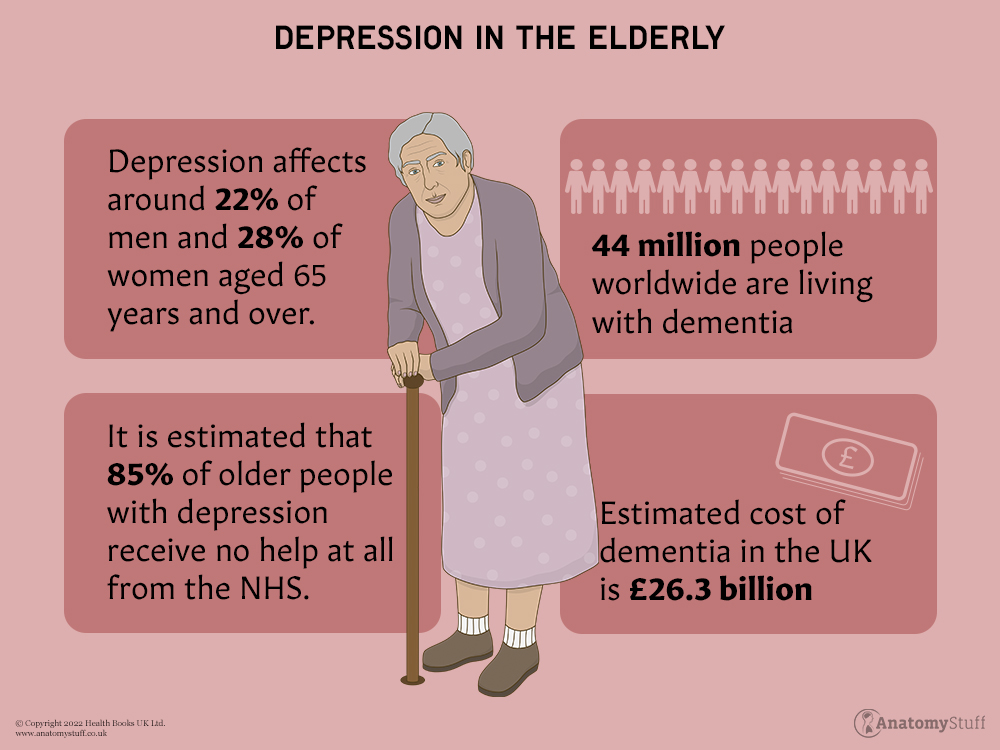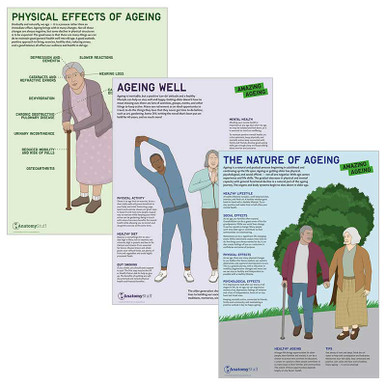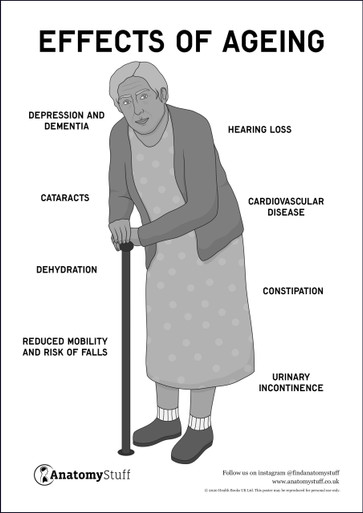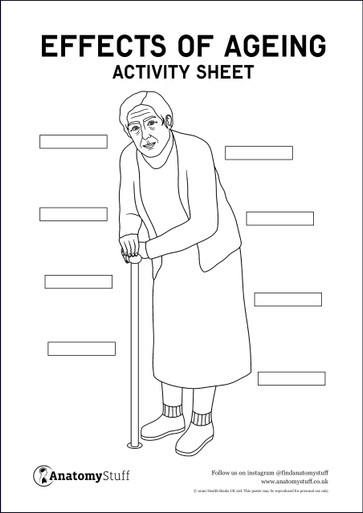Language to Use When Caring for Elderly People
In life, some things are inevitable; one example is time passing. Every single second that passes us by makes us that little bit older, and as the years tick by, the effects of ageing really can become apparent.
Growing old is tough mentally and physically, which is why some older adults require additional healthcare. Some older adults require caregivers, either at home or in care homes, whether due to declining cognitive health, deteriorating mobility and physical health, or a combination of the aforementioned issues.
Caring for the elderly can be tough, but it is also enriching, especially when you can see just how much of a difference you’re making to their overall quality of life.
When looking after the elderly, we must treat them with care, dignity, and respect. They’re human beings who have feelings and are not children. If you’re working in a healthcare environment that looks after the elderly, using the right language, phrases, and mannerisms is vital.
Here’s a look at language to use and avoid when caring for the elderly and some general tips.
Don’t give them orders
First and foremost, when an older adult is entrusted into your care, your role is to care for them, keep them safe, keep them healthy, keep them happy, and improve their quality of life.
Older adults are not prisoners, a care home or ward is not a prison, and you are not a prison guard or warden. You, therefore, have no right to give them orders or tell them what to do.
Rather than telling your patients what to do, speak to them like human beings and ask them to do something. If they are making a lot of noise, ask them if they could be a little quieter rather than telling them to be quiet.
Instead of barking orders at them and ordering them to bed at night, ask them if they wouldn’t mind going to bed or perhaps to go once they finish what they’re watching or doing.
Free PDF Downloads
View AllBe patient with them
Working in healthcare can be testing and frustrating, and so too can caring for the elderly. There will be times when you become frustrated, but you must remember to be patient with them. Your patients may have dementia or cognitive health issues, their medication may affect their memory or behaviour, and they may struggle with their mobility, meaning that getting from A to B will take much longer than a non-disabled individual.
No matter how frustrated you feel, never grow impatient with your patients, rush them, snap at them, or show any signs of impatience. Remember, they’re human beings doing their best, and the last thing they need is to be rushed, snapped at, or made to feel inferior because you feel they’re taking too long or are acting in a way you perceive to be frustrating.
Don’t speak to them like children
One of the most patronising things you can do to an older adult is speak down to them as if you were speaking to a child.
Treating older people like children has no place in a modern healthcare setting, so if you are guilty of this, ensure you change that behaviour.
Older adults may take longer to do tasks, and they may be slightly mentally impaired or less responsive, but they are still grown adults who have probably been through more in their lives than you could ever imagine. For these reasons, speak to them like adults, and treat them like adults.
Never use derogatory language around your patients
Whether you’re speaking to your patients, a colleague, a friend, or anybody else, make sure you don’t use derogatory language to or around your patients.
Your role is to provide professional healthcare for your patients, with professional being the keyword here. Never swear or use slang terms, blasphemy, or other derogatory terms to or around your patients.
Speak to your patients with respect
Finally, when addressing your patients, be sure to speak to them with respect.
Never use slang terms when addressing your patients, so avoid terms such as love, pet, duck, pal, dude, buddy, mate, etc.
Address your patients professionally, or alternatively, once you get to know them and build a rapport with them, address them how they would prefer to be addressed.

Related products
View All














